On the main aspects of choosing sunflower for the farm, the resistance of hybrids to herbicides containing tribenuron methyl and hybrids tolerant to imidazolinone herbicides (IMI), the spread of the sunflower broomrape population and the domestic sunflower breeding SuperAgronom. com talked to Yaroslav Pariy, head of the Ukrainian Scientific Institute of Breeding, and Volodymyr Skoryk, leading agronomist at VNIS and candidate of agricultural sciences.
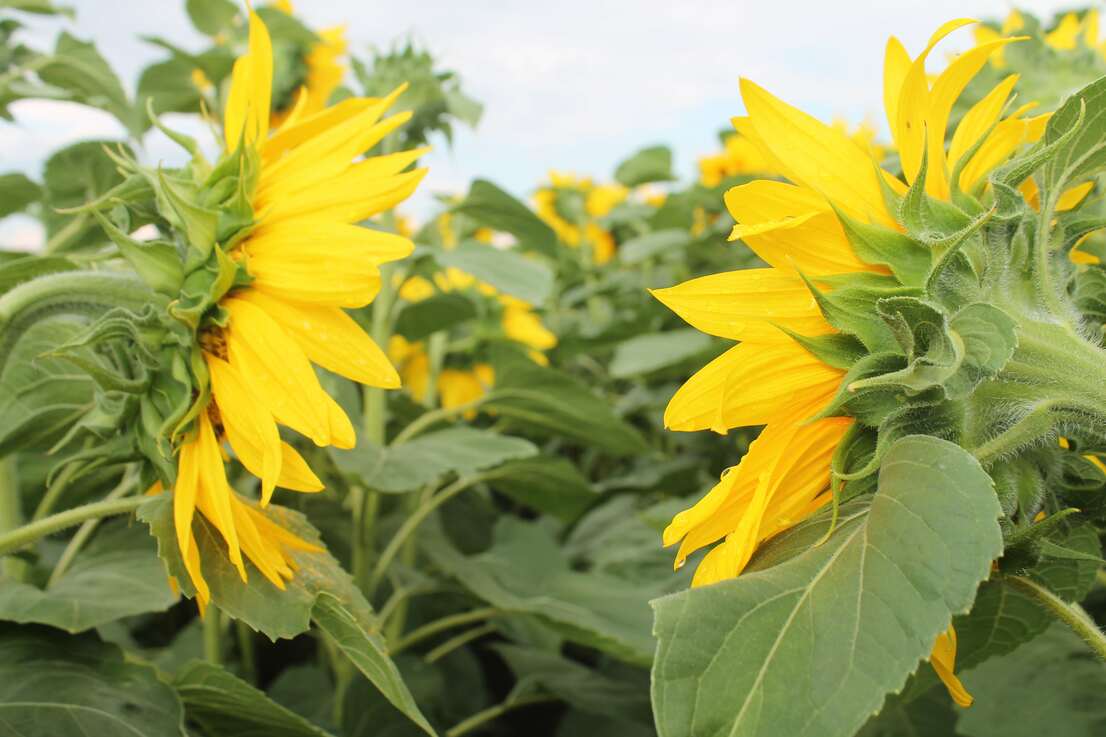
The main aspects of choosing a sunflower hybrid
Correctly selected breeding seed material is half of a successful harvest. The suitability of the hybrid for a particular tillage technology, protection system and mineral nutrition to be used on the farm should be taken into account.
“I recommend starting the selection of a hybrid by determining the crop growing zone. You also need to understand that there are intensive hybrids that require a good agricultural background and sufficient moisture, and extensive hybrids that are drought-resistant and give maximum yield even in not very favorable weather conditions,” said Yaroslav Pariy, Head of the Ukrainian Scientific Institute of Breeding.
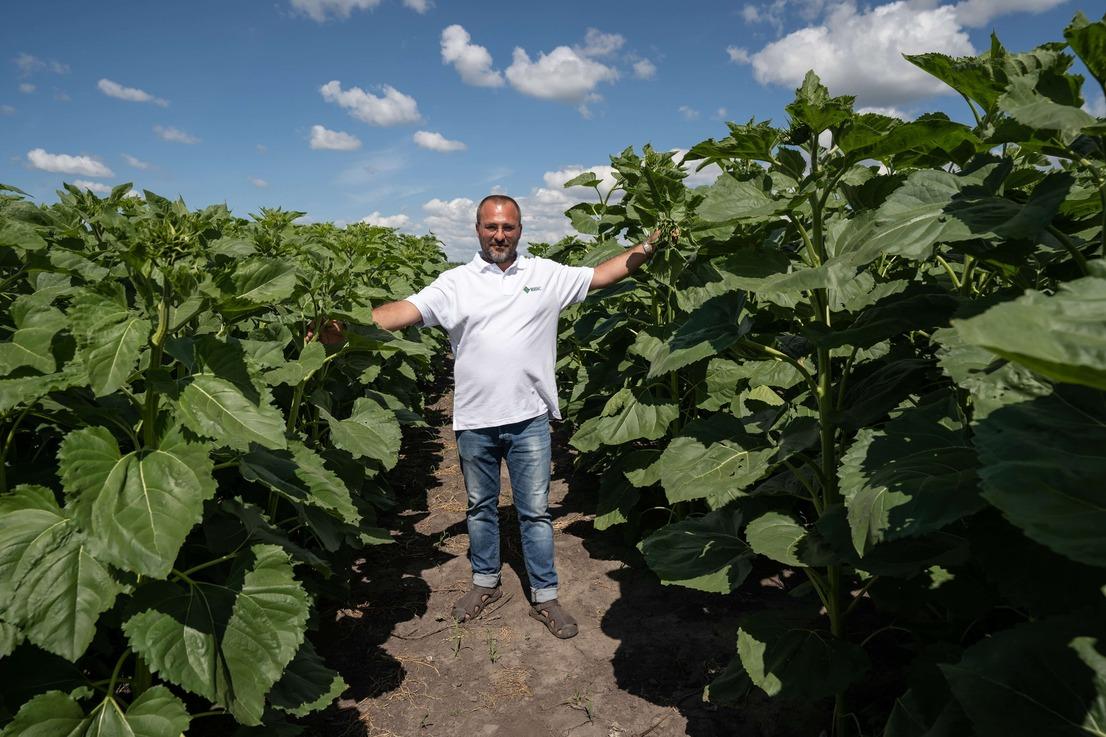
One of the criteria for choosing a hybrid is the growing season, which meets the needs of crop rotation and the desire to get a harvest in a certain period. According to the head of the research institute, perhaps the most important aspect is the hybrids' resistance to disease.
“It is very important to test hybrids that meet all the criteria and needs of farmers for 2-4 years. We do not recommend farms to sow only 1 hybrid on all areas, it is worth using several hybrids from different breeding companies,” said Yaroslav Pariy.
Volodymyr Skoryk, a leading agronomist at VNIS, noted that farmers should choose hybrids wisely in order not to make a mistake in their choice and choose high-quality seed. It is worth paying attention to the technological capabilities of hybrids and the desired yield. If farmers aim to produce 4-5 t/ha of sunflower, they should choose a hybrid that can provide this.
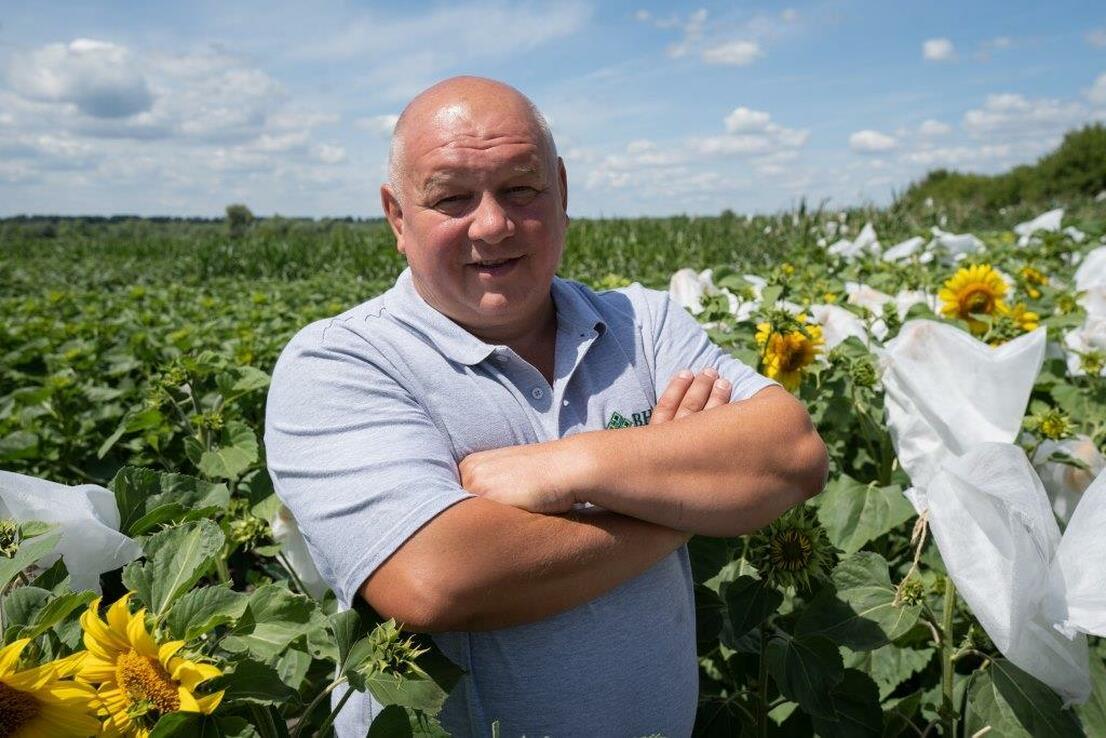
The expert also noted that farmers should buy seeds whose potential yield can be maximized.
Classical and hybrid sunflowers resistant to imidazolins and tribenuron-methyl: what to look for?
Today, there are classic sunflower hybrids, hybrids tolerant to herbicides containing tribenuron methyl (SU), and hybrids tolerant to imidazolinone herbicides (IMI). To choose the right hybrid, you need to decide on the technology.
“When choosing hybrids, you need to pay attention to the weediness of the fields where the crop will be grown. If the field is clean or with annual weeds, where soil herbicide can be used to protect plants, then you should choose hybrids of the classical type. For example, Lime, which is highly drought-resistant, adaptable to different growing conditions and resistant to new races of sunflower broomrape A-G+, or Atilla, which is resistant to diseases and stressful conditions,” said Volodymyr Skoryk.
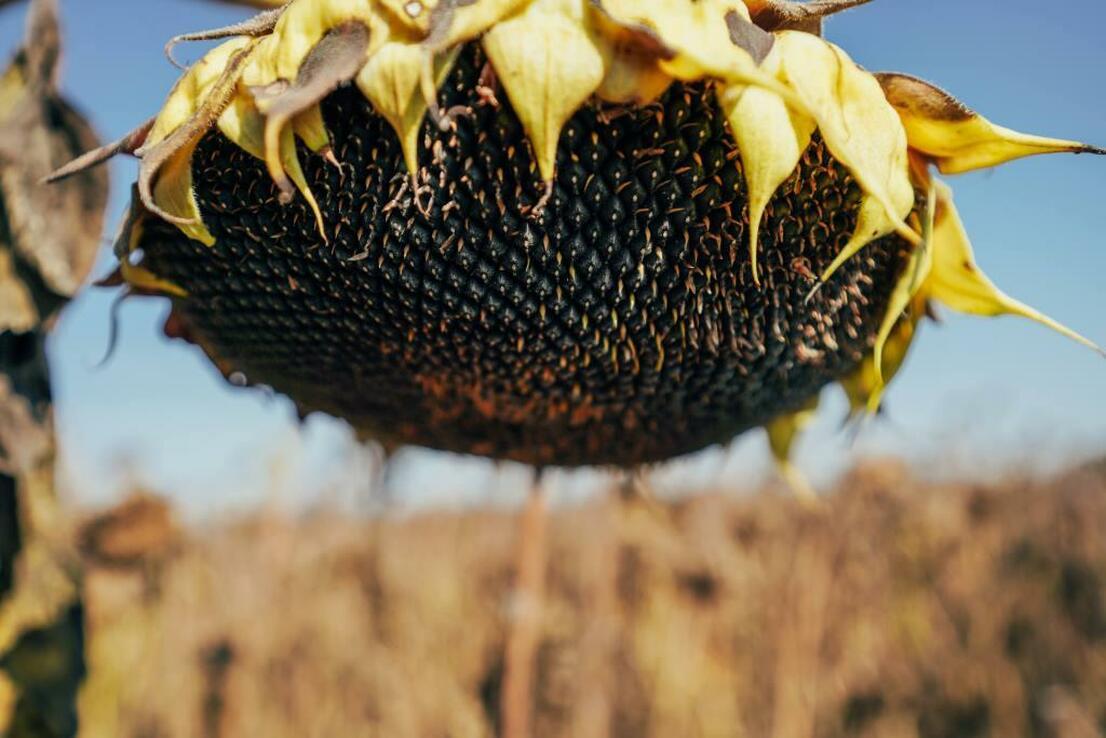
When there is a problem with dicotyledonous weeds (quinoa, cheatgrass) on the field, and the soil herbicide did not work properly, it is necessary to choose tribenuron-methyl herbicides and, accordingly, resistant sunflower hybrids.
Yaroslav Pariy said that the company's portfolio includes hybrids for ExpressSun technology with resistance to herbicides containing tribenuron-methyl 50 g/ha, such as Folk, an intensive hybrid characterized by resistance to downy mildew and high yield potential in dry conditions, and Shannon, which is characterized by consistently high yields and maximum bunching. Also, no less important is resistance to downy mildew, which in the wettest areas can be very aggressive and cause significant damage to the crop.
Sunny mood is a simple hybrid with a growing season of 100 days, suitable for extensive cultivation technology. It has a rapid development in the initial stages of growth, which provides high competitive ability in crops with weeds before the introduction of tribenuronmethyl. Extremely resistant to diseases, pests and stressful conditions. High oil content in the SU hybrid segment.
“If the fields are clogged with perennial weeds or parasitic plants, such as sunflower broomrape, then today the most effective is the use of herbicides on sunflower crops, which include active ingredients of the imidazolinone group - imazapyr, imazamox, etc. This is the Clearfield and Clearfield Plus system, which involves the use of EuroLightning and EuroLightning Plus as herbicides. But for this purpose, it is necessary to choose hybrids that are resistant to both broomrape and herbicide stress,” says the candidate of agricultural sciences.
The sunflower hybrids resistant to imidazolinone herbicides include Carlos 105, Carlos 115, and Armagedon. Breeders of the research institute draw the attention of farmers to the Euro hybrid, an early-ripening intensive hybrid that is plastic to growing in different soil and climatic zones of Ukraine, which has passed qualification tests in BASF fields. Also new in 2020 is the high oleic hybrid Everest, which is characterized by moderate drought tolerance and shows the best results on a high agricultural background with sufficient moisture supply. The content of oleic acid in it reaches 95%, and the oil content is 49-51%. These figures depend on the growing conditions and plant density.
“In any case, we recommend working with soil herbicides, and if necessary, use insurance herbicides on the field during the growing season,” said Yaroslav Pariy.
The two main conditions for successful control of sunflower broomrape today are the timely implementation of all technological operations of cultivation and the application of an integrated approach to plant protection.
Sunflower broomrape and hybrid tolerance
Breeders of the research institute noted that the use of hybrids with high genetic resistance to broomrape can partially reduce its population in the fields or even avoid its appearance.
“The problem of broomrape will continue to exist, so those who use the land should not forget about crop rotation. By growing sunflower year after year in the same field, farmers risk not being able to grow this crop there at all. Nature works faster than breeding. In 1-2 years, this problem will affect more and more farmers,” predicted Yaroslav Pariy.
Since the process of mutation of new races of broomrape is continuous and constantly progressing, the creation of sunflower hybrids genetically resistant to its new races is a key area of breeding by VNIS scientists.
“The formation of a new race of broomrape is tied to the genotype, that is, if we grow a certain genotype in one field, then a new race or a new population will form there that can infect plants. VNIS is actively dealing with this problem. We have created 2 fields with an artificial entrance, where we study materials and collect races all over Ukraine. This problem is also observed in Bulgaria, Turkey, and Romania,” noted Yaroslav Pariy.
Currently, the Ukrainian Scientific Institute of Breeding is trying to map Ukraine for new races of broomrape and calls on Ukrainian farmers to join.
“The goal is to create a map so that every farmer and agrarian knows what to expect on their fields now and in the next few years. We are collecting a collection of breeding material to further combat this parasite and to study it in detail. To help us, you should send 700 grams of seeds, especially if they are genotypes that were resistant to sunflower broomrape. It is also worth specifying the hybrid and giving the coordinates of the farm,” said the head of the Ukrainian Scientific Institute of Breeding.
The company notes that it receives many reports of infection of resistant hybrids to broomrape races.
“Farmers believe that they are completely solving the problem of sunflower broomrape by buying hybrids that are resistant to this parasite. But this is not the solution. To fight broomrape, you need to introduce crop rotation, buy resistant genotypes, use EuroLightning, monitor crops, clean plows and cultivators, provoke the parasite and take a whole range of other measures,” summarized Yaroslav Pariy.
Features of VNIS sunflower hybrids and Ukrainian breeding
VNIS will continue to develop the biotechnology direction, international cooperation, expand breeding programs and the list of crops they work with, and improve laboratory activities.
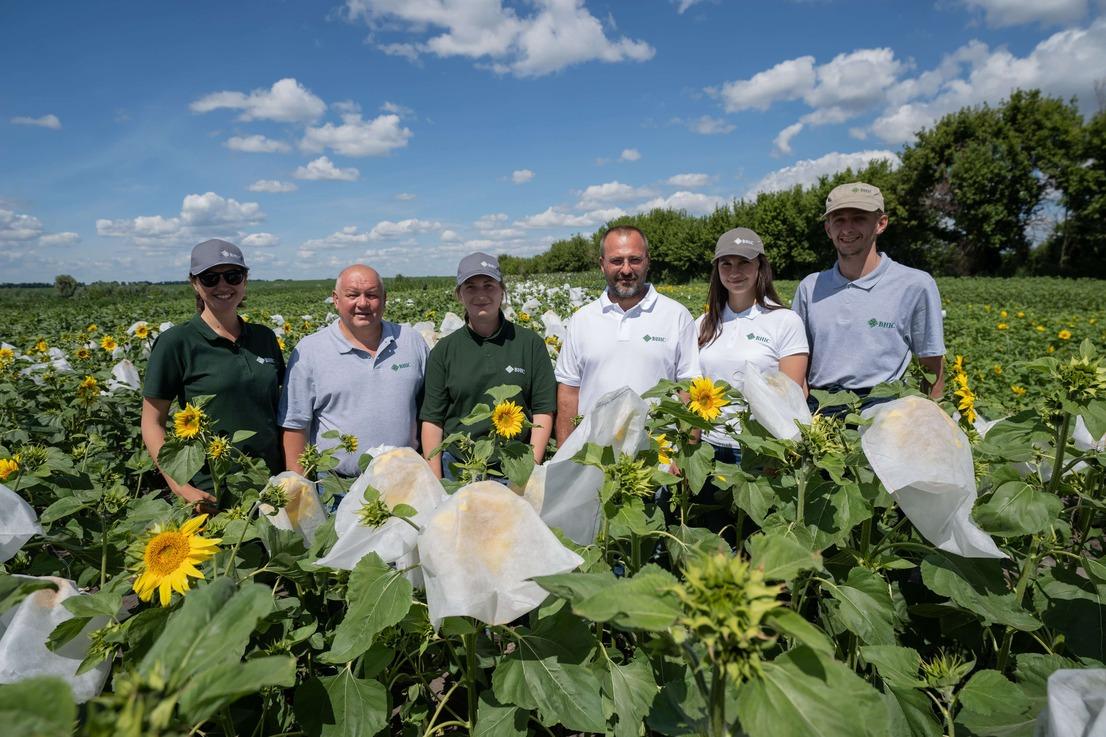
Specialists at the Ukrainian Scientific Institute of Breeding are currently working on creating and improving drought- and heat-resistant hybrids. Another area of focus is the development of disease-resistant, high-intensity hybrids for intensive technology to reduce the pesticide burden on the crop.
VNIS breeders are ready for many challenges. The company's portfolio includes high-intensity hybrids with potential yields of up to 6 t/ha under sufficient moisture conditions. For example, Shannon - 5.8 t/ha, Lime - 5.8 t/ha, Folk - 5.6 t/ha. According to the head, the company is moving to increase the potential yield to 6.5 tons per hectare.
“According to our observations, the hybrid Shannon yielded 4.55 t/ha in Zhashkiv district of Cherkasy region at 9% moisture, 3.6 t/ha in Uman district, and 3.5 t/ha in Zvenyhorod district. Also, the yield of this hybrid in the village of Dzhulynka, Vinnytsia region, was 3.7 t/ha, and in Turbiv village - 3.75 t/ha at 9% moisture,” said the head of VNIS.
Also, breeders are moving towards adaptation to organic production, which is now in demand. Almost all sunflowers on the market are not able to produce sufficient yields without the use of plant protection products. The VNIS will select resistant genotypes that can provide this.
“We are ready to meet any needs of farmers and I would like to note that the price of our seeds is economically justified,” says the head of VNIS.
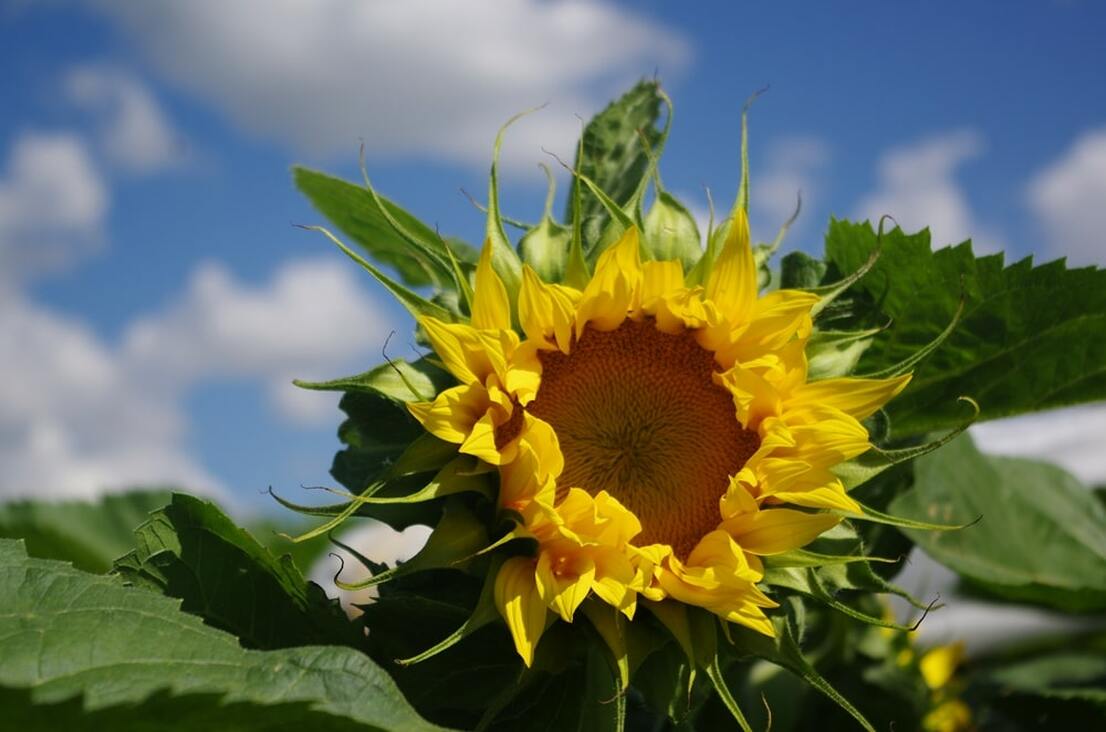

 Choose a country
Choose a country